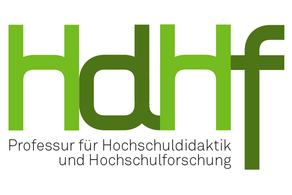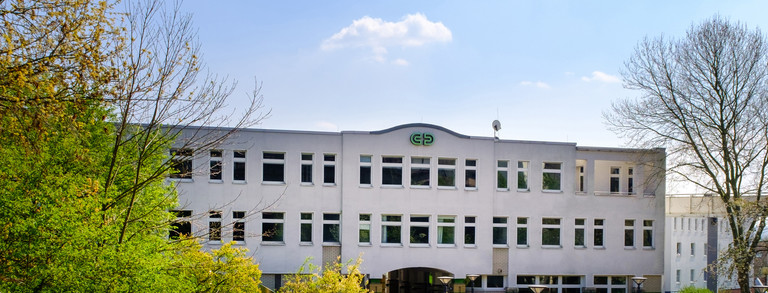Prof. Dr. Ulrike Felt
(University of Vienna, Austria)
Capturing Lives in Research Between Meanings, Structures and Values
Over the last two decades numerous scholars have pointed to quite fundamental re-orderings taking place on the macro level of contemporary universities and research systems at large. These changes were captured by catchwords such as "Mode 1 /Mode 2 knowledge production", the "triple helix" or "academic capitalism", mostly to diagnose the increasing entanglement of science with other societal actors and their respective rationales. While there has been a quite lively debate on whether or not these diagnoses are adequately supported by empirical evidence, whether they are descriptive or prescriptive, and if these analysis become run the danger of becoming self-fulfilling prophecies through their continuous re-performance, less reflection has been devoted to how in all this also researchers' lives in research have changed and how this might potentially impact both their knowledge practices, but also their self understanding.
In order to offer an analytic frame to study the complex and partly fluid conditions of knowing and living in academia, the sensitizing concept of "epistemic living spaces" has been developed. Looking at academia through this lens allows to draw attention to the multi-dimensional space which moulds, guides and delimits in more or less subtle ways researchers' (inter)actions, what they aim to know and the degrees of agency they have. In particular it allows addressing the impact of value structures and thus touch on the question of "responsibility conditions" prevalent in contemporary research. This latter seems essential at a time when speaking of responsible research and innovation has moved so high on the science policy agenda.
Ulrike Felt is professor and head of the Department of Science and Technology Studies at the University of Vienna. She holds a PhD in physics/mathematics and a habilitation in sociology of science/STS. Her research gravitates around issues of governance and public participation in technoscience, changing knowledge politics and research cultures, as well as the role of time/future in science and society issues. It is often comparative between national context and technological or scientific fields. Over the past years she has been invited professor in numerous universities and has been involved in policy advice on the European and national level. From July 2002 to June 2007 she was editor-in-chief of the international peer-reviewed Journal Science, Technology, & Human Values.
Wednesday, 12 February 2014, 4.00–5.30 p.m. | Vogelpothsweg 78 (CDI building), room 114
Center for Higher Education (zhb)
Professorship of Higher Education





